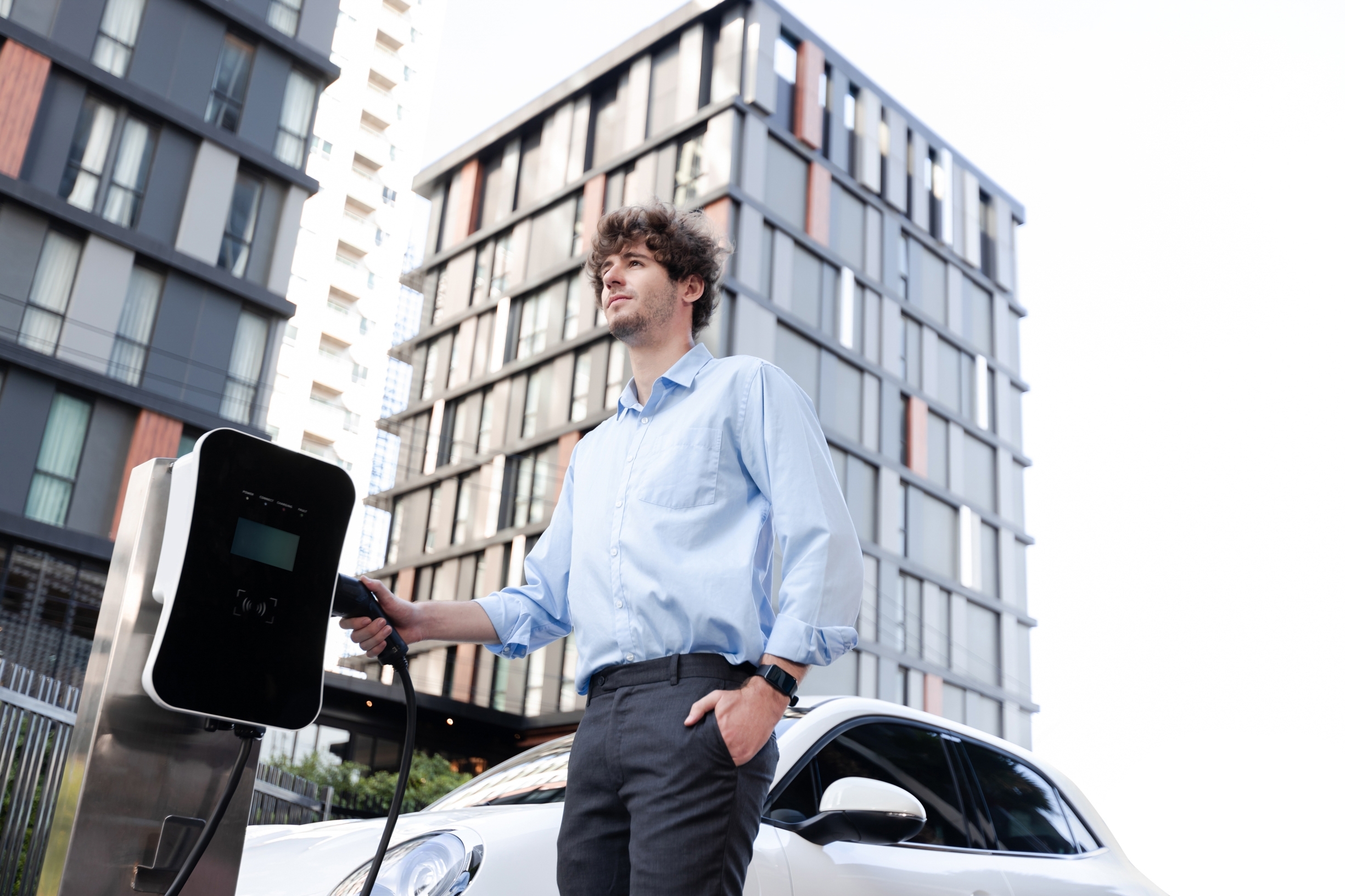Over-reliance on public charging infrastructure poses key barrier to UK EV transition, research claims | CiTTi Magazine

An over-reliance on public electric vehicle (EV) charging infrastructure is posing a critical barrier to the UK’s EV transition, new research data suggests.
According to a study conducted by European EV supply and installation company ChargeGuru UK, the issue is particularly problematic for residents in flats – which currently represents more than five million people – with more than 70% of respondents reporting that they are, or would be, completely reliant on public charging.
What’s more, ChargeGuru’s research states that some 53% of drivers living in flats are reportedly not aware of private charging solutions available to them.
This, claims ChargeGuru, is stagnating the UK’s EV transition at a time where the country is under pressure to meet strict EV adoption targets following the Labour Party’s pledge to restoring the 2030 phase-out of petrol and diesel cars.
READ MORE: UK’s EV charging network grows by nearly 50% in a year, government claims
According to the data, which surveyed flat residents and property managers across the UK to understand their opinions on the EV transition, almost half (40%) of residents said the switch to EVs is more challenging due to their living situation.
Unlike those with private driveways, flat residents often lack the convenience of personal parking spaces equipped with EV chargers, making them heavily reliant on public charging infrastructure.
Regionally, in cities such as Brighton (59%), Leeds (50%), Liverpool (53%), and Norwich (60%), more than half of flat residents reported that their living situation significantly complicates the switch to EVs.
While only one in 10 flat dwellers currently drive an EV, more than half (53%) are hoping to switch to an EV in the coming years, with 27% intending to do so within the next one to two years. This figure rises to 34% among 25 to 34-year-olds.
READ MORE: Growing north-south divide in England’s public EV charging infrastructure, research finds
Denis Watling, managing director, ChargeGuru UK, said: “These insights underscore the urgent need for property managers to work alongside residents and the industry to provide, or at least provide for, residential EV charging infrastructure.
“There is clearly an appetite among flat residents to get on board with the EV transition, but the fact remains that to do so effectively, there must be significant improvements in private residential EV charging options.
“People who live in flats represent a significant segment of the population and their challenges in accessing convenient and affordable charging solutions risk holding back the broader transition to EVs.
“The good news is that government support is readily available for property managers to install, or provide for, EV chargepoints at subsidised rates.”
ChargeGuru UK’s survey was conducted with Censuswide in June 2024, surveying 1,254 consumers and property managers.
Achievements and innovations in EV charging infrastructure will be celebrated at the third annual CiTTi Awards, which will be held on 26 November 2024 at De Vere Grand Connaught Rooms in London. Nominations are open now! Please visit www.cittiawards.co.uk to learn more about this unmissable event for the UK’s transportation sector
Related
Major military infrastructure upgrade completed at Leuchars
Upgraded facilities have been delivered for The Royal Scots Dragoon Guards and 2nd Battalion Royal Electrical and Mechanical Engineers, including refurbished o
UK public EV charge points surpass 75,000 as infrastructure booms
The UK’s electric vehicle (EV) charging infrastructure has hit a significant milestone, with the number of public charge points surpassing 75,000. According t
Infrastructure firm strengthens UK presence with Brierley Hill warehouse |…
National infrastructure service provider MJ Quinn has secured a newly refurbished industrial site in Brierley Hill as part of its ongoing UK ex
UK: Work Begins on New Railway Station in Okehampton
Initial work has begun to build a new railway station in Okehampton, Devon. The new 15 million GBP station, named Okehampton Interchange, will connect We













